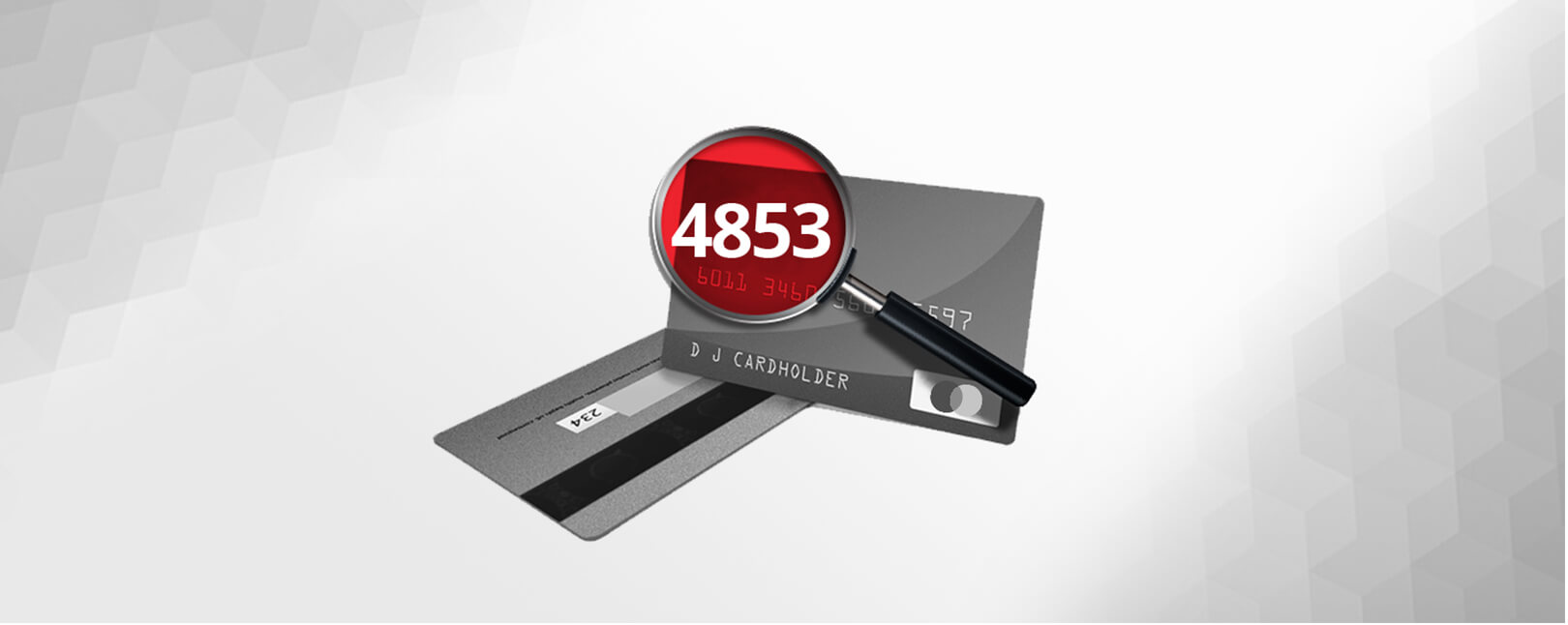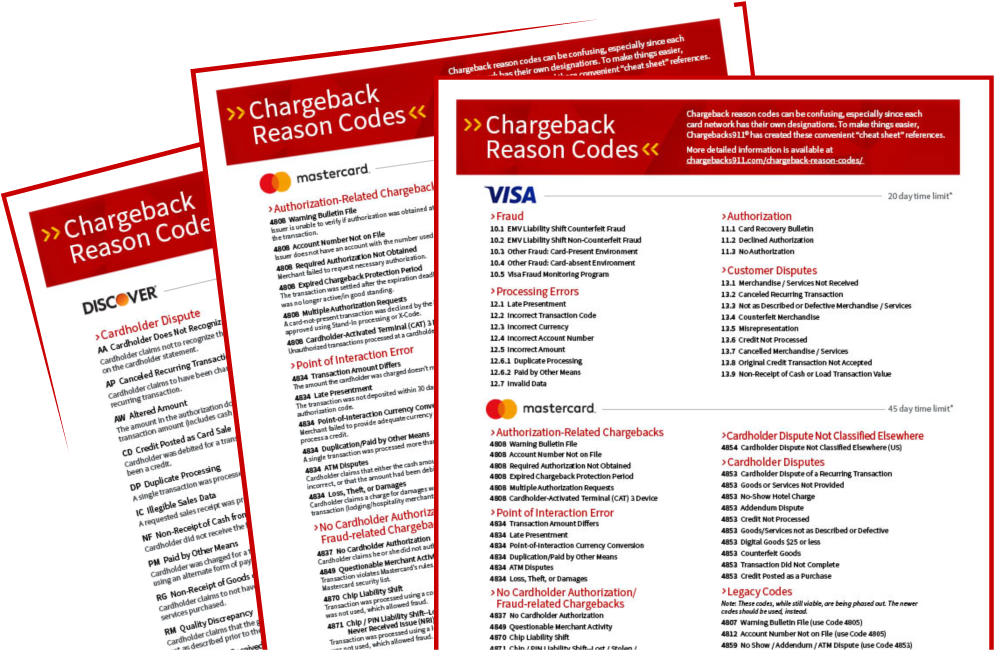Mastercard Reason Code 4853 Counterfeit Goods
Mastercard chargeback reason code 4853 is one of the numeric labels assigned by banks to each customer dispute, indicating the given reason for the claim. We say the given reason because it may or may not reflect the true reason.
Under certain circumstances, Mastercard may allow consumers to reverse a payment card transaction by filing a chargeback. Chargebacks were designed to be a “last-resort” for any disagreements that cannot be resolved with the merchant, but are more and more often used as a loophole to commit fraud.
Reason code 4853 indicates the broad category “Cardholder Disputes,” meaning the legitimate cardholder has contacted the bank claiming that something is wrong with a transaction. The code can be used in multiple specific situations, many of which had their own individual codes at one time. When necessary, an additional message will be provided along with the reason code to inform the merchant which particular claim applies.
In claims featuring a 4853 reason code, one of the possible causes is “Counterfeit Goods.”
Should Merchants Worry About Reason Code 4853 Chargebacks?
Chargeback questions? We have answers. Click to learn more.

What Is a Counterfeit Goods Chargeback?
Most eCommerce purchases result in customers receiving the genuine items they originally ordered. Occasionally, however, a cardholder will purchase an item that is not what it seemed to be. In other words, the merchandise is fake.
Counterfeit goods can range from car parts and electronics to Legos® or musical instruments. However, designer goods represent a large part of this market. Buyers may find shoes, handbags, or sunglasses offered at unbelievable discounts, only to find that the item is an imitation.
And as if feeling cheated weren’t bad enough, some faux merchandise may pose a serious risk to buyers. Products like pharmaceuticals, vitamins, contact lenses, cosmetics, and more must past rigorous safety inspections before being sold. Knockoffs of these products, however, are not monitored, and may be dangerous.
If a customer makes a purchase, but the goods turn out to be fake, the customer should contact the merchant to demand a refund. But, if the merchant is unresponsive or not helpful, the buyer would be entitled to a counterfeit goods chargeback.
A counterfeit goods chargeback can happen in cases where goods sold as name-brand merchandise turn out to be imitations. Fortunately, any chargeback with a counterfeit goods reason code should be the result of a mistake on the part of the merchant; the seller didn’t disclose that the goods were not genuine items. This means a chargeback should be 100% preventable in these cases.
Counterfeit Goods Disputes: Prevention and Friendly Fraud
If merchants source their merchandise from reputable manufacturers, then chargebacks with this reason code should never come up. That said, bad or misleading descriptions and pictures can also lead to counterfeit goods chargebacks.
Showing or describing merchandise in such a way as to imply a brand name can cause problems. The customer may believe the merchant promised a genuine item, and file a dispute as a result, even if the merchant never actually claimed the product was an authentic designer item.
With a little diligence, merchants can stop counterfeit merchandise cases before they happen. But those aren’t the only causes of counterfeit goods chargebacks.
Obviously, there’s a problem that needs to be addressed if a business regularly receives legitimate chargebacks claiming counterfeit goods. But, as we alluded to earlier, a false reason code may be used to mask an attempt at fraud.
Merchants who have evidence showing the item in question to be genuine should challenge these invalid chargebacks through the representment process. It may be necessary to call in an expert for validation, but the cost is justified, especially for high-end items.
Counterfeit goods chargebacks must be processed within 120 calendar days of either the transaction processing date, or the date the order was received (if delivery was delayed).
Chargeback Prevention: A Wider View
While merchants can take many steps to help prevent legitimate claims, fraudulent chargebacks are another matter. Friendly fraud is post-transactional in nature, meaning there’s no sure way to identify it beforehand. Merchants can do everything “right,” yet still have a customer dispute filed against them.
So, while it’s generally more efficient to take a proactive stance when it comes to chargeback management, a truly effective strategy must encompass both prevention and disputing cases of friendly fraud.
Chargebacks911® can help your business manage all aspects of chargeback reason codes, with proprietary technologies and experience-based expertise. Contact us today for a free ROI analysis to learn how much more you could save.










